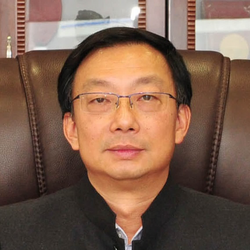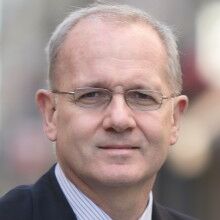UNISPACE +50 AND THE FUTURE OF SPACE
Wednesday 28 September 13:30 – 14:30
Guadalajara hall 8
Since the dawn of the space age the United Nations has recognized not only the sheer importance of greater international collaboration in outer space, but also the enormous potential of space research & technology for socioeconomic development. In light of this, the United Nations organized throughout the years three global conferences on the Exploration and Peaceful Uses of Outer Space (UNISPACE). By providing a platform for international dialogue on key issues related to space exploration and the practical applications of space technology, as well as facilitating the cooperation of States and organizations in outer space activities for peaceful purposes, the UNISPACE conferences have delivered vast economic, social and technological benefits to humankind. As mandated by the Committee on Peaceful Uses of Outer Spaces (COPUOS), UNISPACE+50 will take place in 2018 and will mark the fiftieth anniversary of the first conference in 1968. UNISPACE+50 will provide a crucial opportunity for the global space community to take stock of what has been accomplished to date and what can be expected for the future. In particular, UNISPACE+50 will promote a “Space 2030” agenda that considers the development of stronger space governance and engages all key stakeholder in the space arena. The panel will consider the four key thematic pillars of UNISPACE+50: space economy, space society, space accessibility and space diplomacy.
- Space economy aims to show the extensive relevance and connections that outer space activities have to the growth and sustainable development of all nations.
- Space society will include how nations and governments can carry out their core duties and functions while making the best use of space technologies and space-based services and applications that benefit society.
- Space accessibility concerns the promotion of the peaceful uses of space for humanity, including coordination, communication and capacity-building.
- Space diplomacy will draw attention to the global governance of space, and the vital role of COPUOS as the United Nations platform for space diplomacy, as well as cooperation among nations in using space technologies and applications to address common challenges facing humanity and building constructive, knowledge-based partnerships.
Speakers

Simonetta DI PIPPO
Director, SEE Lab (Space Economy Evolution Laboratory) SDA Bocconi School of Management
Italy

David KENDALL
Former Chair, United Nations Committee on the Peaceful Uses of Outer Space (UNCOPUOS)

Li XINJUN
Head of the Space Publications and Registration Division, International Telecommunication Union (ITU)
China

























